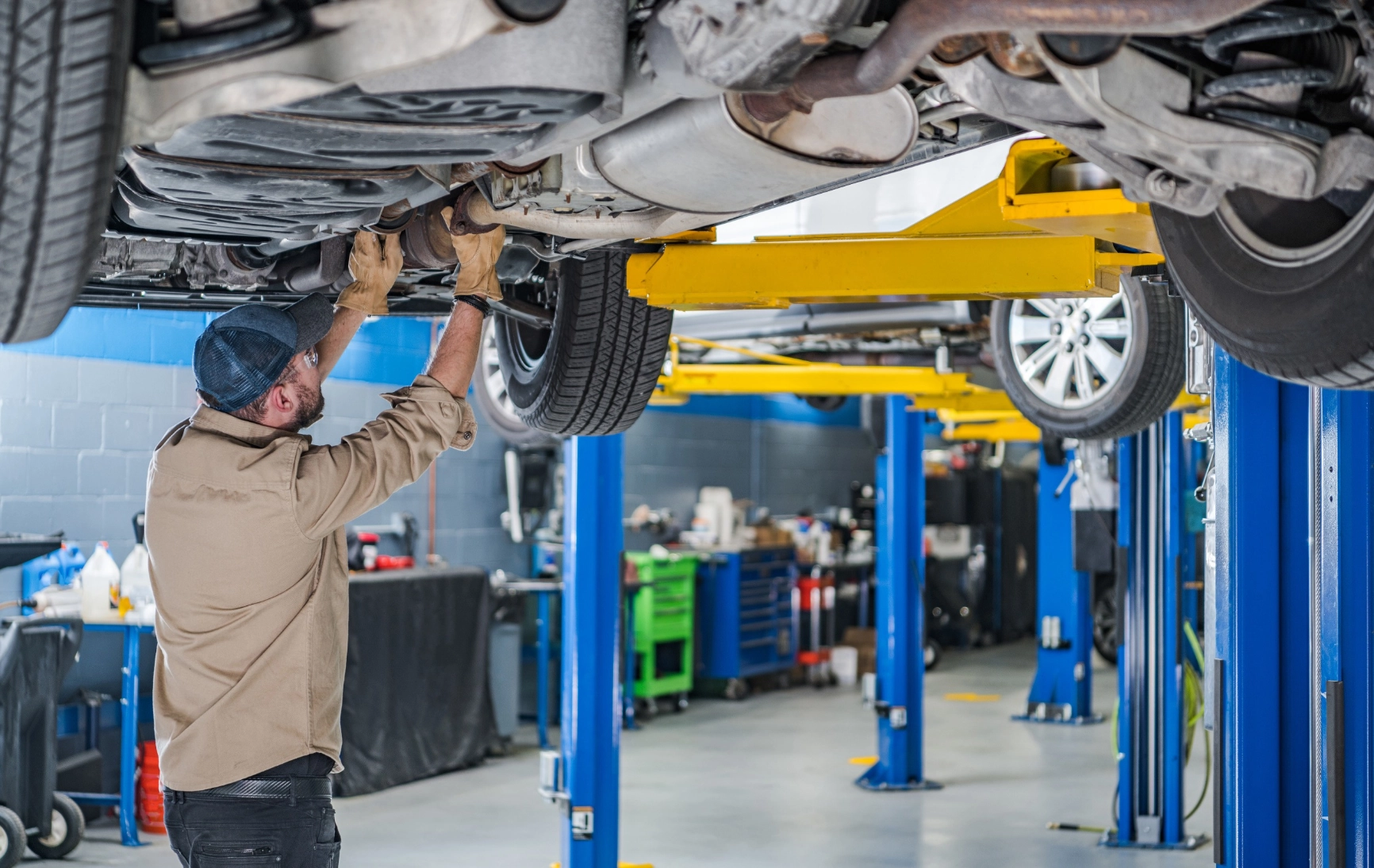All Categories
Featured
Your car is an essential part of your day-to-day live, and taking good care of it guarantees that it offers you reliably for years ahead. While contemporary lorries are designed to be sturdy, overlooking proper maintenance can lead to unnecessary break downs and costly repair services. Here's just how you can keep your auto running longer and in peak problem.
- Comply With Regular Maintenance. The structure of a long-lasting automobile is normal maintenance. Follow your manufacturer's recommended maintenance timetable, which can typically be found in your vehicle's proprietor's handbook. Regular jobs like oil modifications, tire turnings, and brake checks protect against wear and tear and maintain your car doing ideally.
Ignoring oil modifications is just one of the quickest methods to harm your engine. Clean oil makes sure proper lubrication and prevents overheating. Relying on your car and driving behaviors, oil adjustments are typically needed every 3,000 to 5,000 miles or as defined by the supplier.
- Inspect and Restore Liquids. Your cars and truck depends on several liquids to operate smoothly. These consist of engine oil, transmission fluid, coolant, brake fluid, and power guiding fluid. Low or dirty fluids can lead to engine overheating, slipping gears, and brake failing.
Make it a habit to inspect liquid levels frequently. If you notice a considerable decrease in liquid levels, it might show a leak that needs immediate attention. Maintaining fluids clean and at the best degrees guarantees your car runs effectively and prevents pricey repair services.
- Maintain an Eye on Your Tires. Tire upkeep is crucial for both safety and efficiency. Improperly filled with air tires can minimize gas efficiency, trigger uneven wear, and boost the risk of blowouts. Examine your tire pressure month-to-month and guarantee it matches the producer's recommendations.
Rotating your tires every 5,000 to 7,500 miles advertises even wear and expands their life expectancy. Additionally, check your tires for any signs of damages, such as cuts, bulges, or reduced walk depth, and change them when necessary.
- Replace Worn Components in a timely manner. Neglecting damaged components can lead to bigger troubles in the future. As an example, falling short to change a used timing belt can result in engine failing. Worn brake pads can damage rotors, leading to pricey fixings.
Be positive about replacing parts such as trigger plugs, filters, and belts according to the supplier's guidelines. Making use of high-quality substitute components makes sure far better performance and long life.
- Exercise Gentle Driving. The means you drive dramatically impacts the life-span of your auto. Aggressive driving routines, such as quick velocity, abrupt stopping, and difficult cornering, put additional tension on the engine, brakes, and tires.
Instead, adopt smooth driving strategies. Increase progressively, maintain a steady speed, and brake carefully whenever possible. This reduces wear and tear on your auto's components and improves fuel performance.

- Protect Your Automobile's Outside. Maintaining your cars and truck clean isn't almost looks-- it's about stopping damage. Dust, road salt, and gunk can create deterioration and rust, specifically in the undercarriage. Normal cleaning, specifically throughout winter season or after driving on salted roads, is crucial.
Waxing your vehicle every few months provides a safety layer versus ecological damages. Furthermore, park your vehicle in a garage or use an automobile cover to protect it from rough weather condition and UV rays, which can fade the paint and damage the interior.
- Don't Overlook Caution Signs. Dashboard caution lights are your automobile's means of informing you something needs focus. Whether it's the check engine light, reduced oil pressure, or tire stress warning, attending to these alerts promptly can protect against small concerns from becoming major repairs.
If you see unusual sounds, resonances, or adjustments in your car's efficiency, don't neglect them. A professional auto mechanic can detect and fix the trouble before it rises.
- Store Your Cars And Truck Effectively. If you're not using your automobile for an extensive period, appropriate storage is essential. Maintain your auto in an amazing, dry location to safeguard it from weather damages. Utilize a battery tender to keep the battery charge and include a fuel stabilizer to avoid the gas from wearing away.

Beginning the vehicle periodically or taking it for a brief drive can keep all systems in functioning order and prevent parts from taking up.
Final Thought: Uniformity Is Trick. Keeping your vehicle running much longer doesn't require complex measures-- simply consistency and interest to information. Routine maintenance, gentle driving habits, and resolving concerns immediately can make all the distinction. Treat your car with treatment, and it will award you with reliability, much better efficiency, and years of reputable solution. Remember, a well-maintained vehicle isn't just a lorry-- it's satisfaction on every trip.
Latest Posts
Find the Greatest Auto Repair Offers in Montclare, Chicago
Uncover Cost-Effective Auto Repairs with Montclare’s Exclusive Service Specials
Understanding Roof Covering Guarantees: What Homeowners Need To Know
More
Latest Posts
Find the Greatest Auto Repair Offers in Montclare, Chicago
Uncover Cost-Effective Auto Repairs with Montclare’s Exclusive Service Specials
Understanding Roof Covering Guarantees: What Homeowners Need To Know
